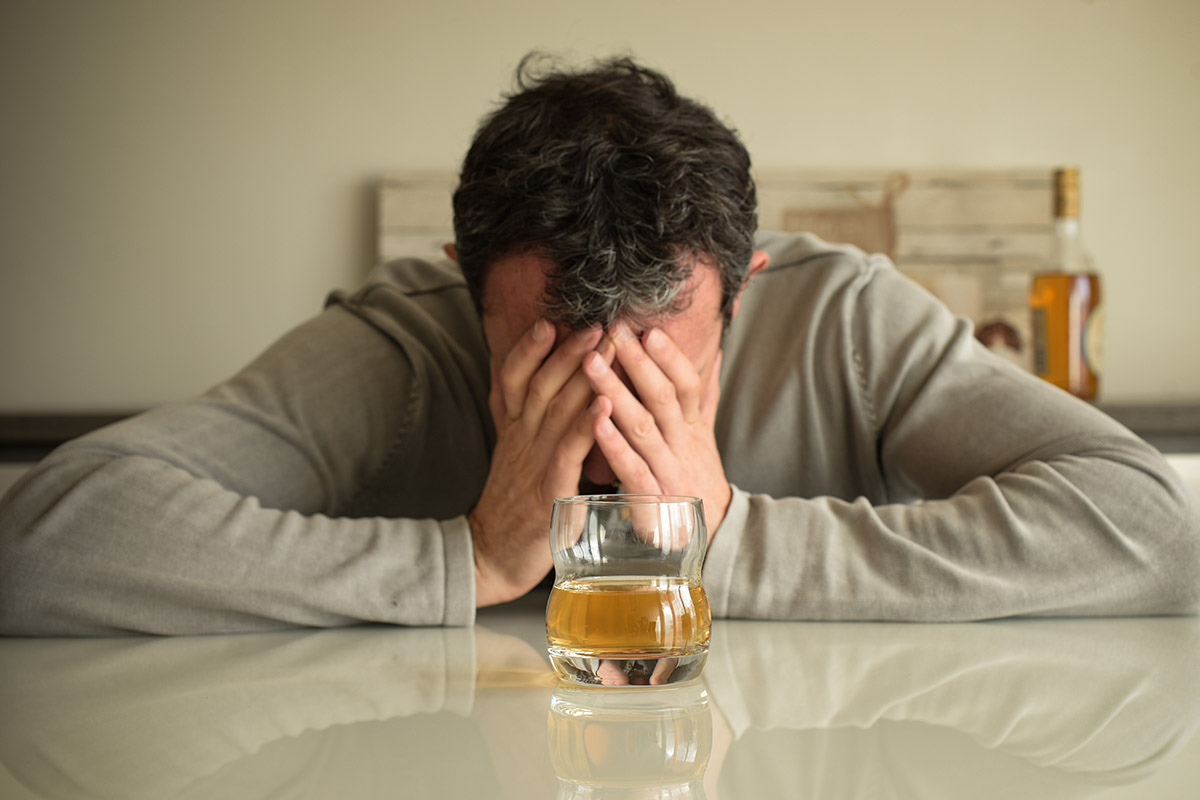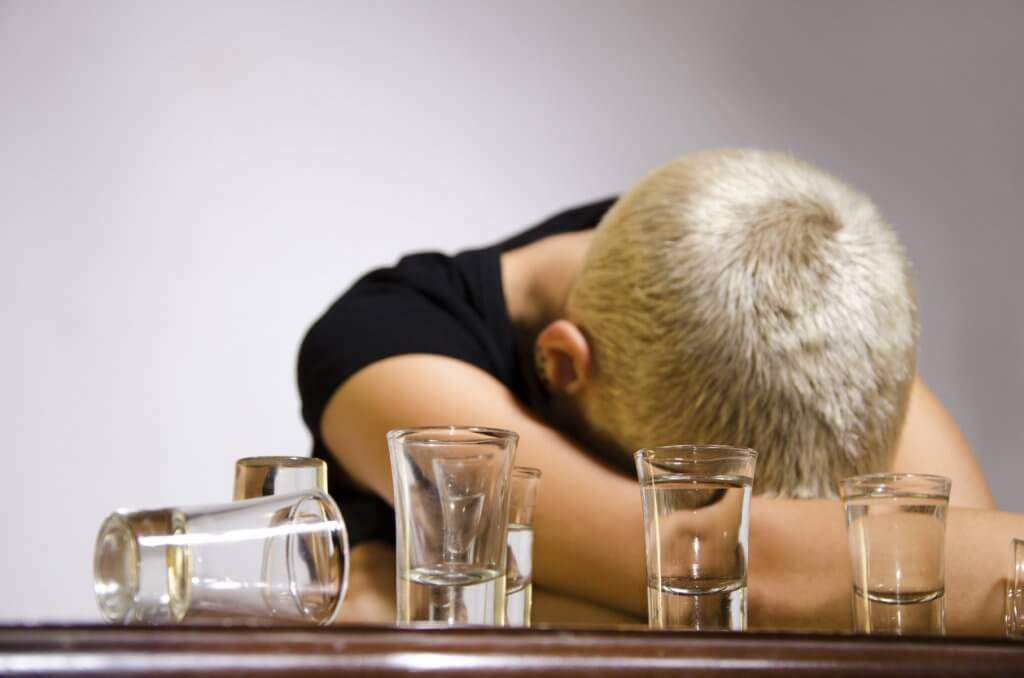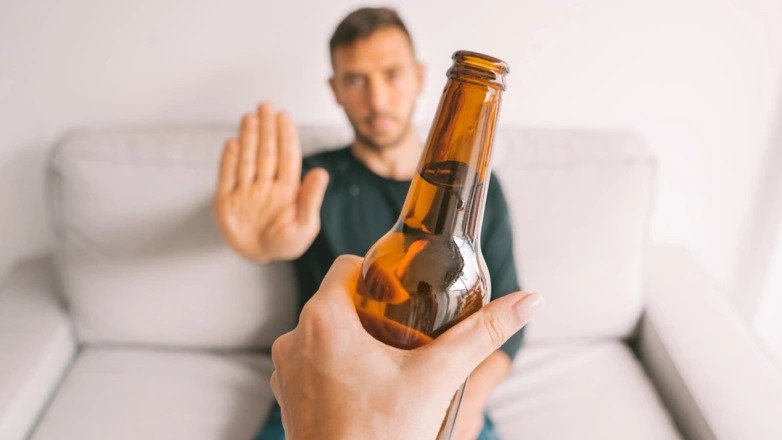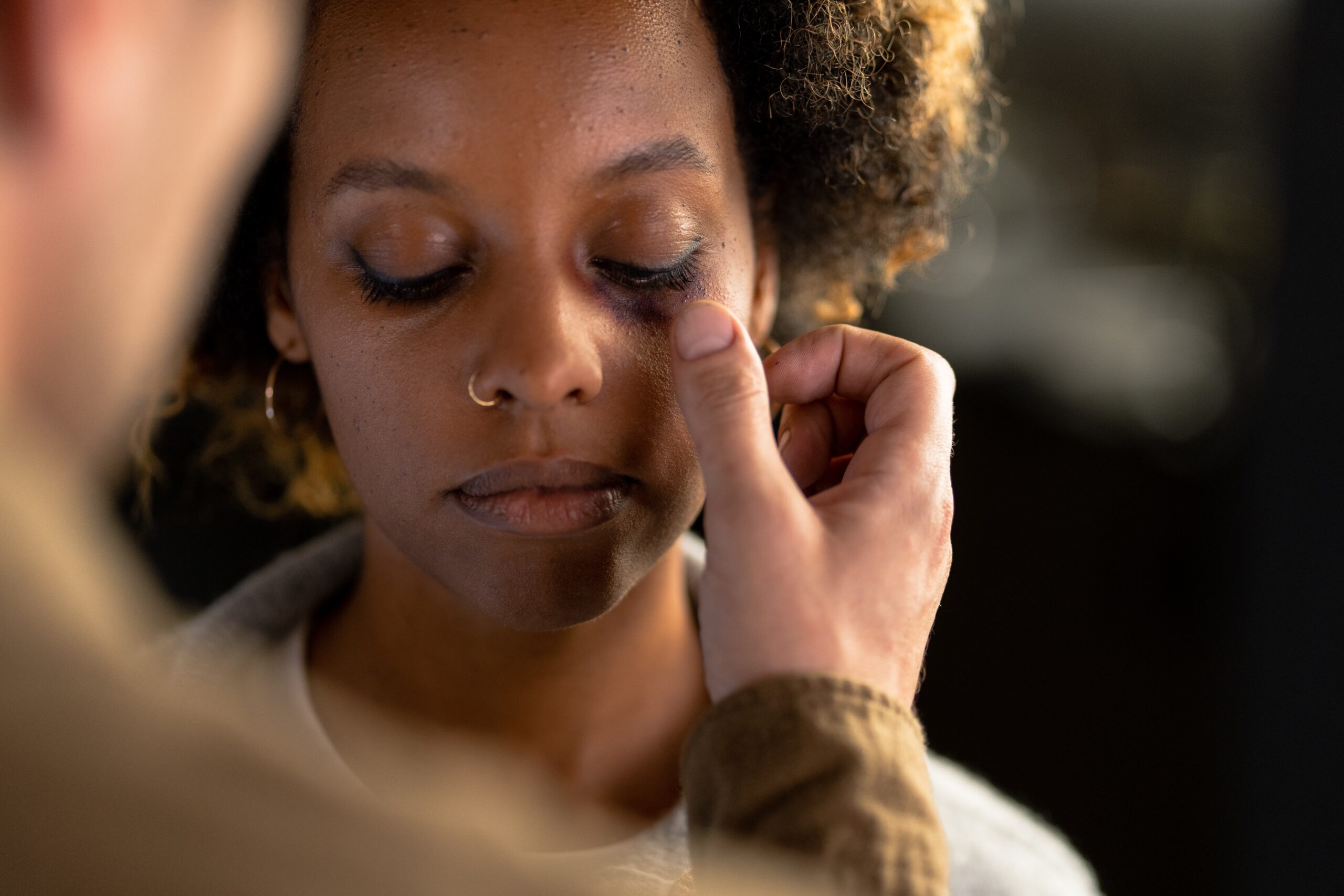Are you prepared to confront addiction, a formidable challenge faced by millions worldwide and their loved ones? Zoe Recovery is here to guide you through conquering addiction. We’ll simplify the science of addiction, help you recognize its signs, and explore various treatment options. Our journey includes maintaining recovery and preventing addiction. With Zoe Recovery, you have a partner on your path to a brighter, addiction-free future.
The Science Behind Addiction
By integrating NLP terms like substance use disorder, drug cravings, and therapeutic communities, we gain a comprehensive understanding of addiction’s scientific foundation.

Understanding the Brain’s Role in Addiction
Addictive substances hijack the brain’s reward system, reinforcing drug use and creating feelings of pleasure through the release of dopamine, a neurotransmitter. Chronic drug use leads to changes in brain structure and function due to neuroadaptation. The prefrontal cortex, responsible for decision-making and impulse control, is affected by addiction. Fortunately, the brain’s neuroplasticity allows for rewiring during recovery from substance use disorder.
The Interaction of Drugs and Alcohol With the Brain
Drugs and alcohol have varying effects on different parts of the brain. Alcohol, for example, depresses the central nervous system, leading to impaired judgment and coordination.
On the other hand, stimulant drugs like cocaine and methamphetamine increase dopamine levels, resulting in intense feelings of euphoria. Opioids, such as prescription painkillers, bind to opioid receptors in the brain, relieving pain and creating a sense of calm. It’s important to note that multiple substances can interact in the brain, increasing the risk of overdose and adverse effects.
Recognizing the Signs of Addiction

In addition, increasing tolerance and experiencing withdrawal symptoms are indications that addiction may be developing.
Symptoms of Drug and Alcohol Abuse
Substance abuse can manifest through various symptoms. Drug abuse often leads to euphoria and impaired coordination, while dilated pupils are also common. On the other hand, alcohol abuse can result in slurred speech, memory lapses, and even blackouts.
Additionally, behavioral changes like mood swings, aggression, and neglecting personal hygiene are indicative of substance abuse. Furthermore, social withdrawal and loss of interest in previously enjoyed activities may signal substance abuse. Recognizing these symptoms is crucial in identifying and addressing drug and alcohol addiction.
What Does the Road to Recovery Look Like?
The road to recovery is unique for everyone, but it typically involves a thorough evaluation to determine the appropriate level of care and treatment options. Usually, addiction treatment includes therapy, medication, and support. Recovery is a lifelong process that requires ongoing treatment and support, including addressing co-occurring mental health disorders. Individualized treatment plans are essential for success.
The Importance of Diagnosis in Drug and Alcohol Addiction Treatment
This comprehensive evaluation allows for the development of personalized treatment plans tailored to address the unique challenges faced by each person. Understanding the behavioral changes in addicts is crucial in identifying and addressing drug and alcohol addiction. Addicts often resort to deceptive behavior, hiding their substance use from loved ones.

Changes in sleep patterns, appetite, or energy levels can serve as red flags indicating addiction. Lying, stealing, and manipulating others become common behaviors as the addiction takes hold. Increased secrecy, isolation, and withdrawal from friends and family further emphasize the need for intervention.
Moreover, poor decision-making and impaired judgment are prevalent in individuals struggling with addiction.
How Does Drug and Alcohol Addiction Treatment Work?
Drug and Alcohol Addiction Treatment involves a combination of behavioral therapies, medication management, and support groups. Behavioral therapies help individuals change their attitudes and behaviors related to addiction.
Medications can assist with managing withdrawal symptoms and cravings. Support from groups and peers plays a crucial role in the recovery process. Holistic approaches consider overall well-being in treatment programs, which may include individual therapy, family therapy, and group counseling.
Prospects of Successful Recovery

Ongoing aftercare and relapse prevention strategies help in maintaining sobriety. Recovery is a continuous journey where individuals can find purpose and fulfillment beyond addiction.
Can Addiction be Successfully Treated?
Addiction can be successfully treated. With evidence-based therapies and support systems, individuals have the potential to overcome addiction and achieve long-term recovery.
Personalized treatment plans cater to unique needs, addressing both substance use and mental health disorders. Successful treatment is possible for everyone.
Instances of Relapse: Does That Mean Treatment Failed?
Relapse is a common occurrence during the recovery journey, but it doesn’t indicate treatment failure. Instead, it signals a need for adjustments and reinforces the importance of relapse prevention strategies.
Support from treatment providers and peers plays a vital role in overcoming relapse and using it as an opportunity for growth.
Exploring Different Drug and Alcohol Addiction Treatment Programs
Holistic approaches focus on healing the mind, body, and spirit for comprehensive recovery. Drug and Alcohol Addiction Treatment plans are personalized to address specific needs, ensuring individualized care for each person’s journey toward sobriety.

Role of Medication in Addiction Treatment
Medication-assisted treatment is an important component of addiction treatment. It helps manage withdrawal symptoms and cravings, providing support on the road to recovery. For opioid addiction, medications like methadone and buprenorphine are commonly used.
Medications for alcohol use disorder can reduce cravings and support sobriety. The use of medication is often combined with counseling and other supportive therapies. Medical professionals carefully evaluate the need for medication and monitor its effectiveness.
The Power of Behavioral Therapies
Behavioral therapies play a crucial role in drug and alcohol addiction treatment. These therapies help individuals recognize and modify unhealthy patterns of thinking and behavior.
Cognitive-behavioral therapy (CBT) focuses on identifying and changing negative thoughts and behaviors, while motivational interviewing enhances an individual’s motivation for change. Family therapy involves the participation of family members in the drug and alcohol addiction treatment process, providing support and strengthening relationships.
Additionally, group therapy creates a supportive environment where individuals can share experiences and learn from others. These powerful behavioral therapies contribute significantly to the road to recovery.
The Role of Self-help Groups in Recovery

Within these groups, sponsorship provides mentorship and accountability, while regular attendance at meetings is encouraged as a crucial component of the ongoing recovery process.
Peer support and the principles of drug and alcohol addiction treatment offered by self-help groups play an essential role in helping individuals overcome substance use disorder.
Ongoing Treatment and Maintenance of Sobriety
Continued treatment and support are vital for sustaining long-term sobriety. Aftercare programs offer ongoing guidance and support after completing initial treatment. Regular check-ins with treatment providers help individuals stay on track. Developing healthy coping strategies is crucial for managing stress and triggers.
Engaging in fulfilling activities and hobbies promotes a balanced life in recovery. Substance use disorder treatment centers prioritize the principles of drug addiction treatment outlined by the National Institute on Drug Abuse.
The Role of Family and Friends in Recovery
Support from loved ones plays a crucial role in the successful recovery from substance use disorder. By educating family and friends about addiction and recovery, understanding and empathy are fostered. Involving family members in therapy sessions strengthens familial relationships while setting healthy boundaries and promoting open communication creates a supportive environment.
Encouraging participation in recovery-oriented activities and events further enhances the recovery process.
How Can Substance Use Disorder Be Prevented?
Preventing substance use disorder involves early education on the dangers of substance use, promoting healthy coping strategies and stress management skills, creating a supportive environment, implementing policies that limit access to substances, and providing mental health services.
What are the Steps to Help a Loved One Struggling with Addiction?
Steps to help a loved one struggling with addiction include reaching out to professional treatment programs for guidance, encouraging open and non-judgmental communication, educating yourself about addiction and available treatment options, offering emotional support, and considering staging an intervention with professional assistance.

Conclusion
If you or a loved one is struggling with drug or alcohol addiction, remember that recovery is possible. With the right treatment and support, you can lead a healthier and happier life free from the chains of addiction. It’s important to recognize the signs of addiction, seek a proper diagnosis, and explore different treatment programs that suit your needs.
Remember, recovery is a journey, and ongoing treatment and maintenance of sobriety are crucial. Surround yourself with a strong support system, participate in self-help groups, and develop coping strategies to maintain sobriety. If you need guidance or assistance, don’t hesitate to get in touch with Zoe Recovery.
